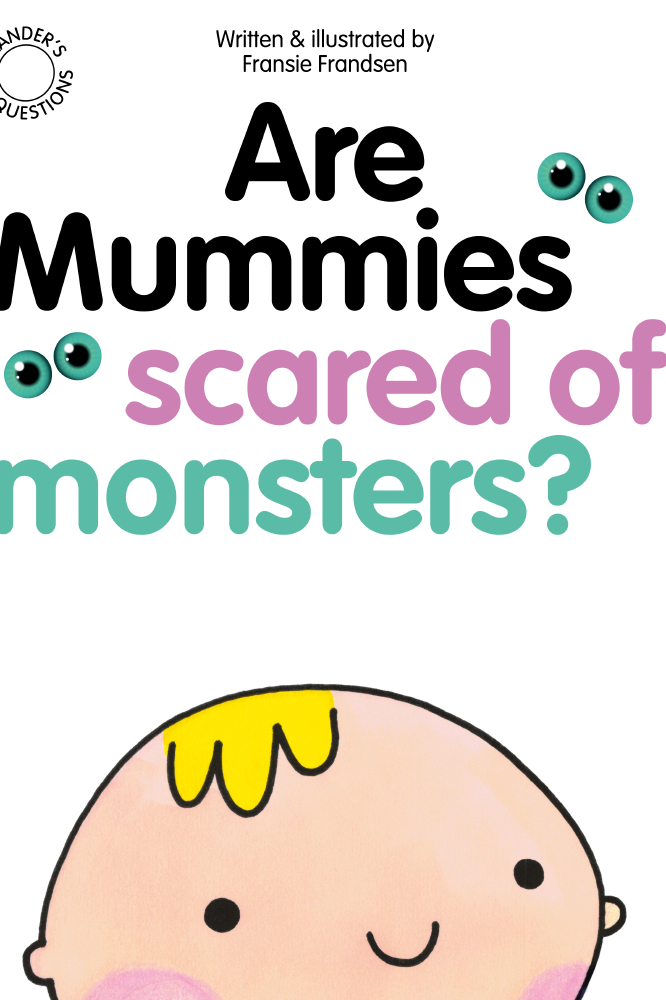I am sure most of us can easily recall how, when painting or drawing as children, we became totally immersed in our art making, how we became lost in thought and how time seemed to fly by; the art experience all too short.

Practicing art such as drawing, painting, colouring or sculpture requires focus and concentration, allowing the artist to disconnect from stress and resulting in satisfaction and calm that remains long after the activity is over. The therapeutic effects of art making on mental health are well documented. Being creative can increase positive emotions, lessen depressive symptoms, reduce stress and decrease anxiety, just to mention a few.
Young children still have a wonderfully unrestricted view of the world and their place in it, however they are often unsure exactly what they are feeling and how to name these feelings. Through engaging in art activities, children can express their inner thoughts and feelings freely in a non-verbal manner and learn about themselves and their place in the world around them. I’ve often been amazed by how art making can help children create a new skill set for expressing their feelings. While engaging in art, the making of a series of quick subconscious decisions, communicated through the artwork, are invaluable to the child in gaining self-understanding.
For example, in order for a child to depict themselves in their surroundings, he or she needs to take a whole host of factors into consideration. An internal dialogue is set in motion, in which the child questions what they themselves and others may look like, their size, facial expressions, their relation to each other as well as how they are placed in their physical surroundings. In anticipation of drawing their own facial expressions and that of others, the child needs to question what emotion everyone is feeling. And in order to assess the emotional state of another person in his or her drawing, the child needs to empathise with that specific character, an important tool in cultivating emotional intelligence in future. In this way, by consulting with him or herself, the child enters into a process of decision making and problem solving, and the drawing now becomes a fertile learning experience about self and others, one of the cornerstones of establishing sound future mental health.
MORE: Mental Health: ‘Supermum’ status is dramatically impacting women’s mental health (femalefirst.co.uk)

MORE: Seven simple steps to articulate mental health with children (femalefirst.co.uk)
I am of the firm opinion that children should be given ample opportunity for free expression through drawing or painting. There is no right or wrong and the focus needs to be on the process of art making rather than what the end result looks like. However, parents can be valuable witnesses in the process of art making, while at the same time gaining a welcome glimpse into the inner world of their child. The child’s artwork can be used as a safe “third person” through which parents can gently explore their child’s feelings and help him or her put names to the feelings and emotions expressed in their artwork. The child feels validated by the interest their parent takes in their creation and learns that expressing feelings and showing emotion is a positive thing to do. Seeing their artwork displayed on the fridge or elsewhere in the house serves as on going positive reinforcement and the process of art making is extended even further.
When engaging in creativity, children embark on a journey of generating and composing new thoughts and ideas and exploring, discovering and communicating their feelings about themselves and the world around them. Through this process of decision making and problem solving the child gathers valuable information and the art experience becomes a testing ground for new skills. These skills can be carried right into adulthood, ultimately helping to establish emotionally intelligent young people with empathy for themselves and the world around them.
Words by Fransie Frandsen.
'Are Mummies Scared of Monsters?' by Fransie Frandsen is out now; £7.99.

Tagged in Parents children Books Mental Health

